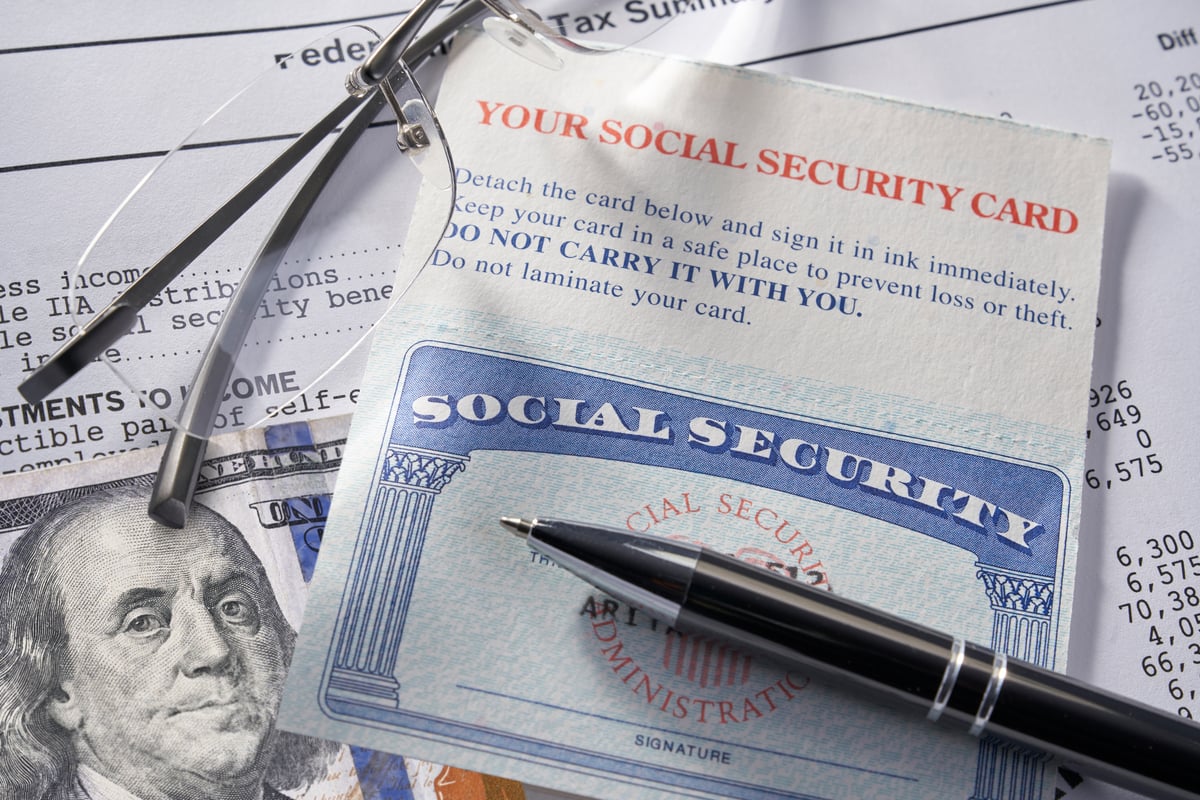There's a reason saving for retirement in a 401(k) plan is so beneficial. The money that goes into a traditional 401(k) gets contributed on a pre-tax basis, saving you money.
Plus, when you invest a traditional 401(k) plan, you get to enjoy tax-deferred gains. This means that rather than pay taxes on gains year after year, you pay them when you take withdrawals from your retirement plan during your senior years.

Image source: Getty Images.
Because 401(k)s are loaded with tax breaks, though, there are strict rules as to when you're allowed to take withdrawals. And if you take a traditional 401(k)s withdrawal before turning 59 and 1/2, not only will it be taxed, but you'll risk a 10% penalty for an early distribution.
One lesser-known rule, however, could make it possible to tap your 401(k) a bit early. But it's important to understand how it works.
Have you heard of the rule of 55?
The reason the IRS imposes early withdrawal penalties for 401(k)s is that the purpose of that money is to serve as a retirement nest egg.
If you keep taking withdrawals ahead of retirement, you may not have enough money left during retirement, when you'll it to supplement your Social Security benefits. So while the IRS might seem needlessly strict for imposing the rules that it does, it's actually doing you a favor by motivating you to leave your 401(k) alone.
That said, there's an exception to the early withdrawal penalty called the rule of 55. It states that if you leave your job in the calendar year you turn 55 or later, you can take penalty-free withdrawals from the 401(k) sponsored by the employer you're separating from.
So here's how that might work. Let's say you have a $400,000 401(k) with your employer and a $150,000 IRA. You leave your job at age 57 and want to start tapping your 401(k) right away.
In that case, you can start withdrawing from your 401(k) without a penalty. But if you tap the IRA at 57, you'll lose 10%.
Just because you can raid your 401(k) early doesn't mean that you should
The rule of 55 gives you some flexibility in accessing your 401(k) at an earlier age.
It may be that if you're laid off at age 58 and are happy with the amount you've saved, you don't want to go back to work and start over at another employer at that stage of life. Being able to take money out of your 401(k) without a penalty could allow you to transition into retirement with less stress, and without having to get any old job to tide yourself over for another year and change.
But do keep in mind that if you begin taking withdrawals from your 401(k) at 55, or before 59 and 1/2, you risk depleting your savings earlier. You might also have to stick to a smaller withdrawal rate than what you'd prefer.
For this reason, don't just rush to raid your 401(k) if you leave your job at 55 or a bit later, whether it's your choice or your employer's. It can be beneficial to leave your savings alone until you're well into your 60s to lower your risk of running out.
If you're laid off at 55, or at some point during the second half of your 50s, and you're not ready to tap your 401(k), see if you can drum up enough income in the gig economy to tide yourself over until you find a full-time job. You can also see if it's feasible to consult in your former field on a full-time basis.
It's nice that there's leeway in some situations to tap a 401(k) early. But just know that doing so could be detrimental to your finances in the long run.





